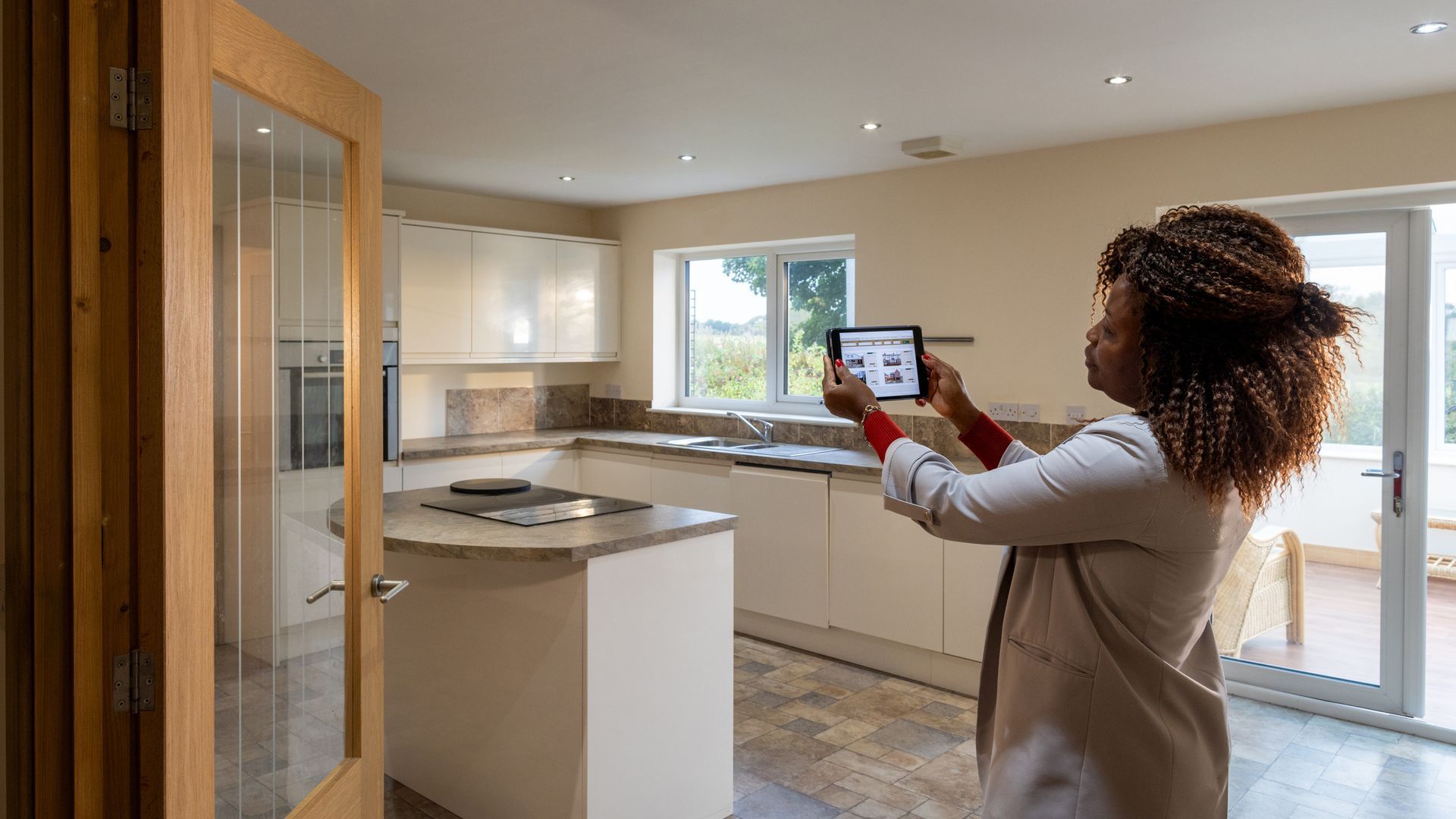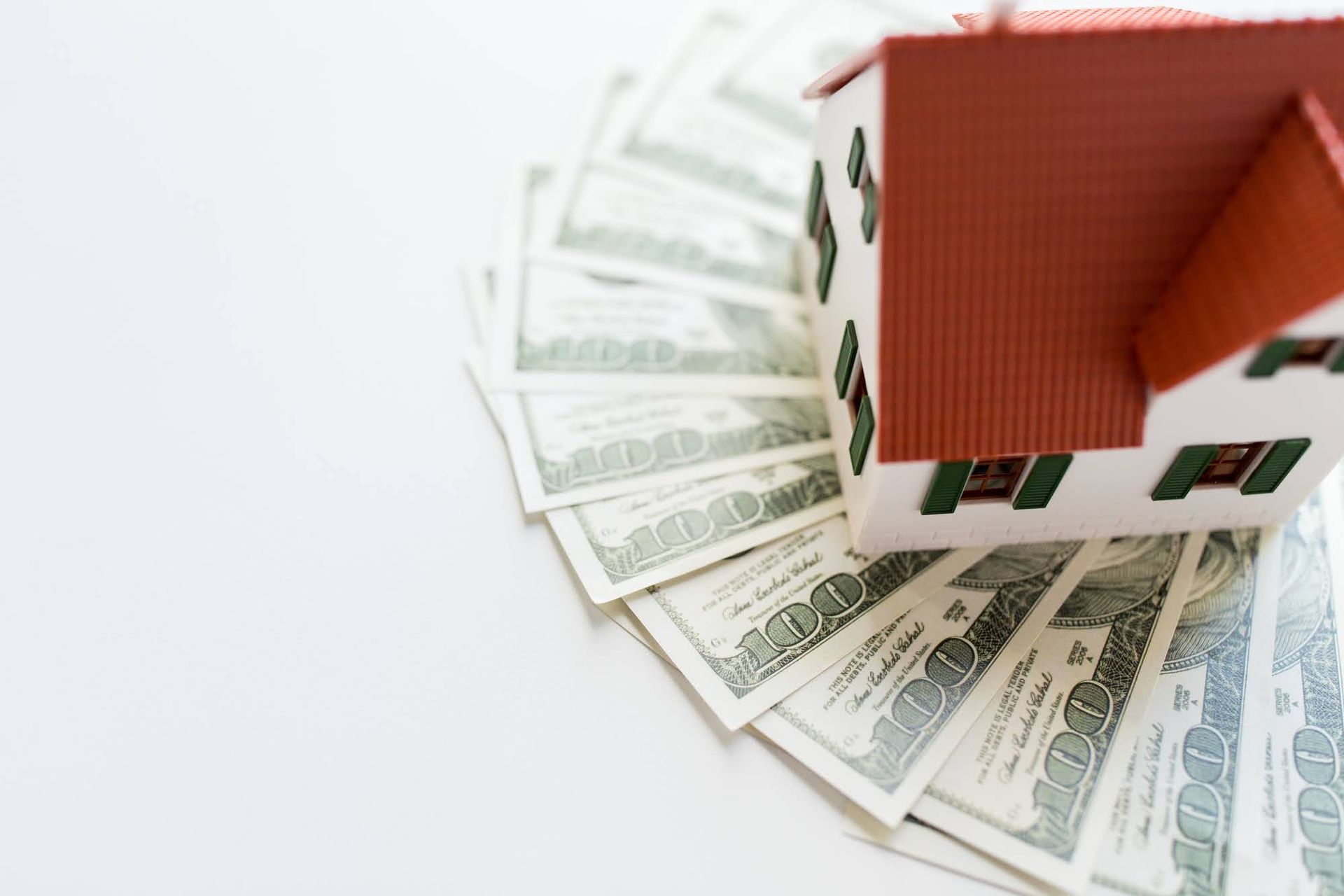Common Real Estate Appraisal Myths
East Coast Appraisal Service • August 11, 2022

If you wish to buy or sell a home, you have most probably come across the term real estate appraisal — the process of estimating the value of a property.
But in addition, you may have heard some misconceptions about appraisals. And while many of these myths are based on snippets of truths, the information is ultimately false. Find out the top real estate appraisal myths.
Home Appraisal Is Only Beneficial to the Buyer
Many home sellers shy away from property appraisal because they believe the process only caters to the buyer's needs. However, property appraisal benefits both the buyer and the seller.For the buyer, a home appraisal protects them from overpaying for a property. A home appraisal also gives buyers an idea of how much they can expect to get from their mortgage lender.
For the seller, a home appraisal ensures they price their property correctly. The process also provides sellers with an independent valuation of their property that the seller can use as leverage during negotiations.
Home Appraisal Is the Same As a Home Inspection
Indeed, a home appraisal and inspection have some similarities. For instance, both processes help the buyer understand the property's condition. Additionally, both techniques help the lender understand the value of the property.However, some key differences exist between home appraisals and inspections. First, a home appraisal primarily focuses on the value of the property. The appraiser will consider the property's location, size, age, and condition to estimate the value.
On the other hand, a home inspector is primarily concerned with just the property's condition. The inspector looks for any defects or problems that need repairs. While both processes are critical, they serve different purposes.
Home Appraisal Value Is the Same as Market Value
The appraised value of a property is different from the market value. The market value is what a buyer is willing to pay and what a seller is willing to accept for a property. The forces of supply and demand in the marketplace determine the market value.On the other hand, the appraised value estimates what a property is worth. Therefore, the appraised value mainly depends on recent sales data of similar properties in the area.
Indeed, the appraised value can determine the market value. But the value is not always accurate, so the seller has to consider other factors to make an informed choice when setting the price of a property.
Moreover, contrary to common belief, an appraiser does not determine the value of a property. Instead, the experts provide an opinion of the value of a property. The market ultimately sets the value.
Home Appraisal Value Matches the Costs of Renovations and Repair
Home repairs and renovation costs do not affect a property's appraised value. The reason is that the appraiser will only consider the property's current condition when estimating the value. Therefore, the expert will not factor in the cost of any repairs that the property owner needs to make or intends to make.Therefore, even if you have spent a lot of money on renovations, you should not automatically expect the investment to result in a higher appraised value. However, if the upgrades have increased the property's marketability, you may see a bump in the appraised value.
Now that you know the truth about most appraisal myths, you can confidently move forward with your real estate transaction. If you feel that a home appraisal is right for you, we are your trusted real estate appraisers. We aim to help you buy or sell your property at the best value. Contact us at East Coast Appraisal Service or visit our website to learn more about our services.









